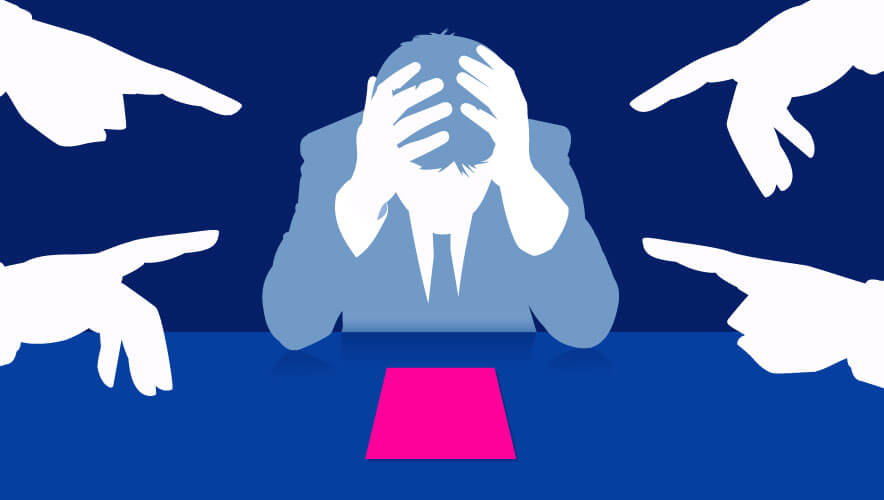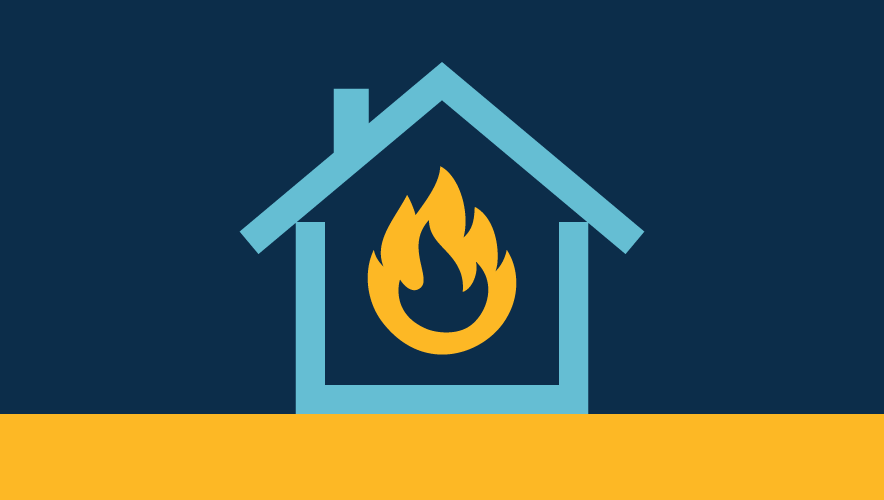State of Emergency in New Caledonia Lifted, Though Unrest Continues
For most of the month of May 2024, the French Pacific territory of New Caledonia has been in turmoil. Protestors have looted and burned businesses and set up barricades in streets including those leading to the main island’s international airport, which has remained closed to commercial traffic since 14 May, stranding tourists and other visitors.
Last week, French President Emmanuel Macron made an emergency visit to the country to spearhead dialog between the factions involved. He lifted the state of emergency on 27 May, though the territory’s curfews and other restrictions remain in place, in what continues to be a volatile situation.
As is the case in so many colonial-era entanglements that remain volatile today, the one in New Caledonia is multi-faceted and complex. The Kanaks are the indigenous population and overwhelmingly seek independence. French policies encouraged migration to the territory in the 1960s leading to a population today in which 41 percent of the territory’s 293,000 people are Kanak. There is a wide wealth and education gap between the Kanaks and the French settlers. Poverty among the Kanaks is at 33 percent versus nine percent among non-Kanaks according to the 2019 census.
Violent uprisings in the 1980s—referred to by Kanaks as a civil war—only ended with the promise of an independence referendum within 10 years. In 1998, pro-independence and loyalist factions reached another agreement on a 20-year transition designed to provide greater self-determination for the territory while giving the Kanaks more political power. The way it gave political power to Kanaks is by freezing voter roles: residents who arrived in the territory after 1998 could not vote in the provincial elections. It is that part of the agreement that is the spark behind the latest violence.
After three independence votes that failed—the last of which was 2022 and is protested by pro-independence New Caledonians. After the third failed independence vote, France bowed to loyalist pressure that the independence matter was settled and began to move forward with reforms. The French Senate passed a bill to alter the voting rights in the territory from a hard 1998 cutoff to one where people who lived in the territory for 10 years or more can vote in provincial elections. This would serve to dilute the Kanak vote further, and when passage in the French Assembly appeared imminent, violence erupted.
However, the story of how and why this uprising occurred does not end there. Undergirding the colonialism issues is the fact that New Caledonia is the third largest producer of nickel in the world. As a component of steel, nickel has been important throughout the industrial era. However, as one of the needed elements in most large-scale batteries—the kind that go into electronic vehicles—the mining of nickel has become geopolitically important. And though it is the world’s third-leading producer, New Caledonia’s nickel industry is in disarray.
According to Reuters, considering both direct and indirect employment, nickel accounts for 13,000 jobs, which is approximately 18 percent of the country’s total employment. Of the three mining companies operating in the country, only one has continued operations since the protests began earlier this month, which created what is believed will be a short-lived spike in nickel prices. However, the New Caledonian nickel industry was struggling before the protests, dragged down by high energy and labor costs and a glut of nickel hitting the market from Indonesia that suppressed nickel prices. “The French government has been negotiating a rescue package, including a commitment to provide metal to Europe's battery supply chain,” Reuters reported. “But talks have stalled amid the souring relations between pro-independence and loyalist parties.”
The pro-independence factions disagree with France on how New Caledonia’s nickel should be used.
Part of Macron’s announcement lifting the state of emergency also announced another 480 police forces to arrive on the main island, bringing the total to 3,500 reinforcements that have been added this month, while also sidelining the new voting rules for the territory. Seven people have died in the violence, including one protestor who was killed since Macron left the island, and reportedly two family members of Christian Karembeu, a Kanak soccer star who helped France win the 1998 World Cup.
Macron said the state of emergency was lifted in an effort to spur dialog among the competing factions, however it noted that street blockades must be removed as “the necessary condition for the opening of concrete and serious negotiations.”
While those stranded have begun to gain access to flights out of the country, the main airport is expected to be closed until at least 2 June.











